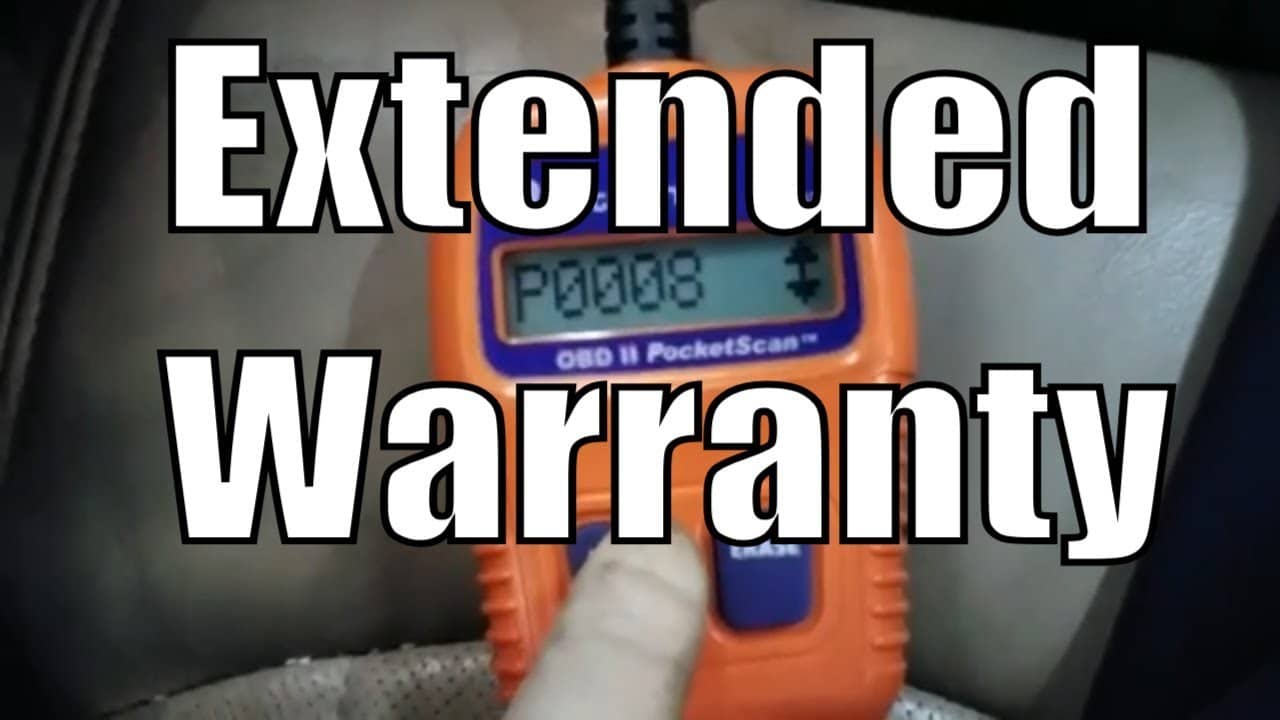Unlocking Savings: A Comprehensive Guide to Decoding and Fixing P0011, P0014, P0016, P0017, P0018, P0021, P0024 Camshaft Position Timing Codes
Introduction:
In the world of automotive diagnostics, few things strike fear into the hearts of car owners quite like the appearance of a dreaded check engine light. Among the myriad of potential culprits lies a set of codes that can signal trouble with the camshaft and crankshaft position timing – P0011, P0014, P0016, P0017, P0018, P0021, and P0024. While these codes may seem daunting at first glance, they hold the key to diagnosing and fixing issues that could otherwise lead to costly repairs. In this comprehensive guide, we’ll delve into the intricacies of these codes, unraveling their meanings, exploring common causes, and providing practical solutions to help you save money on your repairs.
Understanding the Codes:
Before we can embark on our journey to savings, it’s essential to understand the significance of these codes. P0011, P0014, P0016, P0017, P0018, P0021, and P0024 all relate to camshaft and crankshaft position timing, indicating deviations from the expected parameters. These deviations can manifest as issues such as over advanced or over retarded timing, which can adversely affect engine performance and fuel efficiency.
Power Probe circuit tester I use for most of my automotive testing https://amzn.to/3Ub08zd
Common Causes:
The causes of these camshaft position timing codes can vary, but they often stem from malfunctioning components within the engine’s timing system. For example, a faulty camshaft or crankshaft sensor may inaccurately detect the position of these components, leading to timing errors. Similarly, issues with the Oil Control Valve (OCV) or Variable Valve Timing (VVT) system can disrupt the timing of the camshaft, triggering these codes. Understanding these common causes is crucial to accurately diagnosing and fixing the underlying issues.
Diagnosing the Problem:
When faced with a P0011, P0014, P0016, P0017, P0018, P0021, or P0024 code, the first step is to perform a thorough diagnostic assessment of the engine’s timing system. This typically involves using a diagnostic scanner to read the codes stored in the vehicle’s onboard computer and conducting visual inspections of key components such as the camshaft and crankshaft sensors, OCV, and VVT solenoids. By meticulously analyzing these components and their associated wiring harnesses for signs of damage or wear, you can pinpoint the source of the problem with precision.
Practical Solutions:
Once the problem has been diagnosed, it’s time to implement practical solutions to address the underlying issues. In many cases, repairing or replacing malfunctioning components such as sensors, OCVs, or VVT solenoids can rectify timing errors and clear the associated codes. Additionally, performing routine maintenance tasks such as changing the engine oil and ensuring proper lubrication of moving parts can help prevent future issues from arising. By taking a proactive approach to maintenance and repairs, you can save money in the long run by avoiding costly engine damage and premature component failure.
Conclusion:
In conclusion, understanding and addressing P0011, P0014, P0016, P0017, P0018, P0021, and P0024 camshaft position timing codes is essential for maintaining the health and longevity of your vehicle’s engine. By familiarizing yourself with the meanings of these codes, identifying common causes, and implementing practical solutions, you can save money on repairs and ensure your vehicle runs smoothly for years to come. Don’t let these codes intimidate you – armed with knowledge and a willingness to tackle the issue head-on, you can unlock significant savings and enjoy peace of mind on the road.


